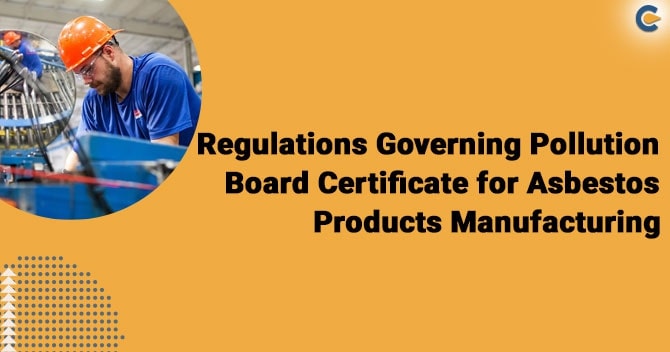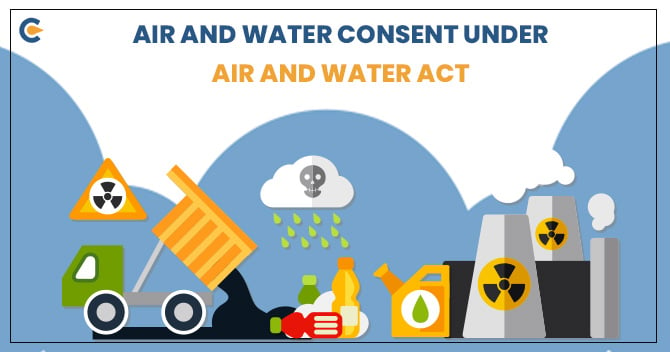Asbestos is a naturally occurring mineral that is found in rock and soil all over the world. It naturally occurs in fibrous minerals whose long fibres are women and spun together to make material which is flexible, solid and resistant to most acid, solvents and heat.
Asbestos is used in many everyday products like:
- Plasters and stuccoes
- Roofing tars felts, siding and shingles
- Sheetrock taping
- Mud and texture coats
- Vinyl floor tiles, sheeting, adhesives and ceiling tiles
- “Transite” panels, siding, countertops and pipes
- Acoustical ceilings
- Brake pads
- Putty
- Caulk
- Gaskets
- Fire blankets
- Interior fire doors
- Clutch plates
- Stage curtains
- Fireproofing materials
- Stage curtains
- Building insulation
Although asbestos has many uses, as listed above, because of its properties of being small and invisible to the eye, it remains in the environment for a more extended period of time that is ingested into the body, causing many types of health issues. Because of this reason, manufacturers require a Pollution board certificate for Asbestos products. This block will elaborate on the Pollution board certificate regulations for Asbestos products.
Health Impact of Asbestos
Asbestos presents at a manageable rate in an environment and does not pose a danger to human life, but the products that contain asbestos are not adequately managed after deterioration during the process of demolition or renovation or vehicle maintenance or other activity involving the manufacturing of products which have a potential of releasing asbestos fibre and making it airborne, it can have a detrimental effect on human respiratory system and lungs which is irreversible. Asbestos has a severe impact on people who, for a short period of time, have been exposed to the high quantity of asbestos or on people who have been exposed to asbestos for a more extended period of time in low concentration. According to many types of research, exposure to asbestos may cause fatal diseases like Mesothelioma, which is a type of cancer on the lining of the lungs and abdominal cavity, and Asbestosis, which is a type of scarring of the lungs that impacts breathing and Lung cancer.
Asbestos effect on the Environment
Asbestos released during demolition, mining, demolition and manufacturing activities into the environment contaminates not only air and water but also the ground where it can be redistributed through the air. Asbestos, when mixed with air, remains suspended for a more extended period of time which is further carried away to outlying areas by wind or even water if it is mixed with a water body. Since it is not biodegradable or does not disintegrate, it remains for a more extended period of time in the environment, posing a severe threat to human health and the atmosphere.
Air and Water Act
When the issues relating to the environment started increasing, and the atmosphere started getting affected, especially Water bodies and Air, there was seen an urgent need for proper regulatory mechanisms and regulations. Therefore to accommodate those under one umbrella Water and Air Act was enacted by the Ministry of Environment, Forest and Climate Change. First, The Water (Prevention & Control of Pollution) Act, 1974 was enacted, which was also one of the earliest legislation addressing the problem of pollution. This act established the functions of the Central Pollution Control Board and state board relating to curbing water pollution and monitoring the activities of an industry that are causing the same. This act also gives power to State Pollution Control Board or Pollution Control Committee to provide a Consent Certificate to the industries according to their pollution index. These certificates are mandatory for industries to acquire before starting their businesses.
After that Air (Prevention & Control of Pollution) Act, 1981[1], was enacted by the Ministry of Environment, Forest and Climate Change in response to United Nations Conference on Human Environment to prevent and regulate air pollution in India. This Act also prescribes the functions of the Central Pollution Control Board and state board relating to reducing Air pollution and monitoring the activities of an industry that are affecting the air quality. Air Act also mandates the authorisation of Consent Certificates granted by the State Pollution Control Board or Pollution Control Committee.
Pollution Board Certificate for Asbestos Products
Pollution Board Certificate for Asbestos Product is governed by the Ministry of Environment, Forest and Climate Change and Central Pollution Control Board, regulated under Air and Water Act.
Documents required for Pollution Board Certificate for Asbestos Products
Consent to Establish
According to Air and Water Act, for acquiring Pollution Control License for Scrap, one has to submit the following documents: –
1. Registration/lease or sale deed
2. Detailed Project Report
3. Layout Plan/Site Plan
4. GST Certificate
5. Aadhar Card
6. Copy of Self Declaration form with signatures
Consent to Operate
According to Air and Water Act, for acquiring Pollution Control License for Scrap, one has to submit the following documents:-
1. Electricity Bill
2. Rent agreement or lease agreement
3. Pan Card
4. Aadhar Card
5. Municipality or Industry license for trading business
6. Health Trade License
7. Site Plan/layout
8. CA Letter on the financial breakup of the scrap trading business
9. GST certificate
10. Form-V
11. Authorization Letter
12. Factory/Trade License
13. Proof of Registration of unit under Companies Act or LLP Act
14. Consent to establish
Process of Authorisation for Pollution Board Certificate for Asbestos Products
For Asbestos products manufacturing plant Consent to establish, the applicant is mandated to register with the State Pollution Control Board/Pollution Control Committee official portal and submit the completed application according to Form I with the stipulated documents. Once these documents are scrutinised by the authorities, the State Pollution Control Board/Pollution Control Committee grants the business authorisation for establishment.
For Consent to operate, the procedure is pretty much the same as the consent to establish with the owner of the manufacturing unit is mandated to register with the official portal and submit the application according to Form I with the stipulated documents. Once these documents are scrutinised by the authorities, the State Pollution Control Board/Pollution Control Committee send authorised personnel for inspection, who, on the basis of inspection, formulate a report according to which authorisation is granted to the business for operation.
Hazardous Waste (Management, Handling and Transboundary Movement) Rules, 2008
In 1989, the Ministry of Environment, Forest and Climate Change implemented Hazardous Waste (Management and Handling) Rules 1989 to address the increase in Hazardous waste by industries and regulate its management, but with an increase in unregulated import and export of this waste, there was also need for proper regulation governing that therefore in 2008 Hazardous Waste (Management, Handling and Transboundary Movement) Rules, 2008. These rules include regulations relating to the responsibility of stakeholders involved, Import and export of Hazardous Waste as well as storage, dumping and transport etc. These rules also mandate manufacturers to file applications in accordance with the e Forms, including info related to grant/renewal of authorisation, maintaining records, Applications for import or export, Applications for recovery or co-processing etc.
Documents needed under HWR for Pollution Board Certificate for Asbestos Products
The documents which are required while submitting the application for a Pollution board certificate for Asbestos products are: –
- CTO;
- CTE;
- Certificate of incorporation (CIN)/LLP;
- Memorandum Of Association;
- Article of Association;
- Board resolution for appointing an authorised person;
- Aadhar card;
- PAN copy;
- GST certificate of business;
- Layout Plans;
- Factory license/Trade license;
- Rent/proof of ownership;
Process of Authorisation under HWR for Pollution Board Certificate for Asbestos Products
As per rule 6 of Hazardous Waste (Management, Handling and Transboundary Movement) Rules, 2008, application for authorisation is prescribed under Form 1 of the State Pollution Control Board/Pollution Control Committee which is submitted with the stipulated documents. Once the application is submitted, the inquiry is conducted depending on which report is made. Then the committee scrutinised the report submitted upon which the authorisation under HWR for Pollution board certificate for Asbestos products.
Conclusion
Asbestos has been extensively used for many years, but now that we have realised its harmful effect on the environment and human health, it is essential to curb its use and properly monitor its manufacturing process, which is essential for them to acquire Pollution Board Certificate for Asbestos product.
Read our Article:Renew Pollution Control Board Certificate: How to obtain Consent to operate?











